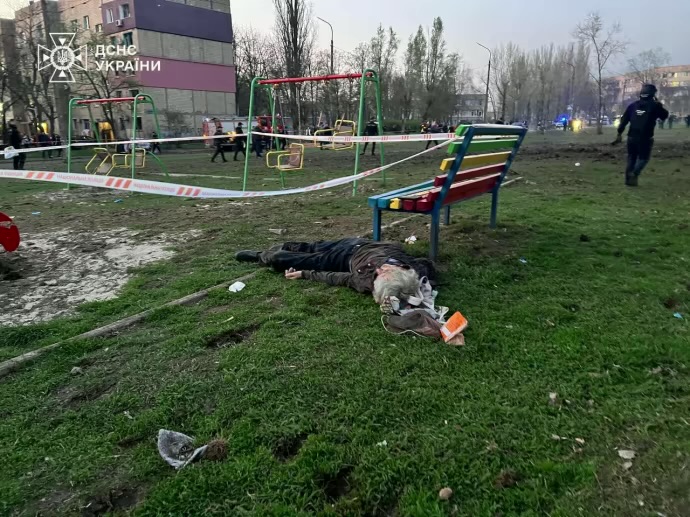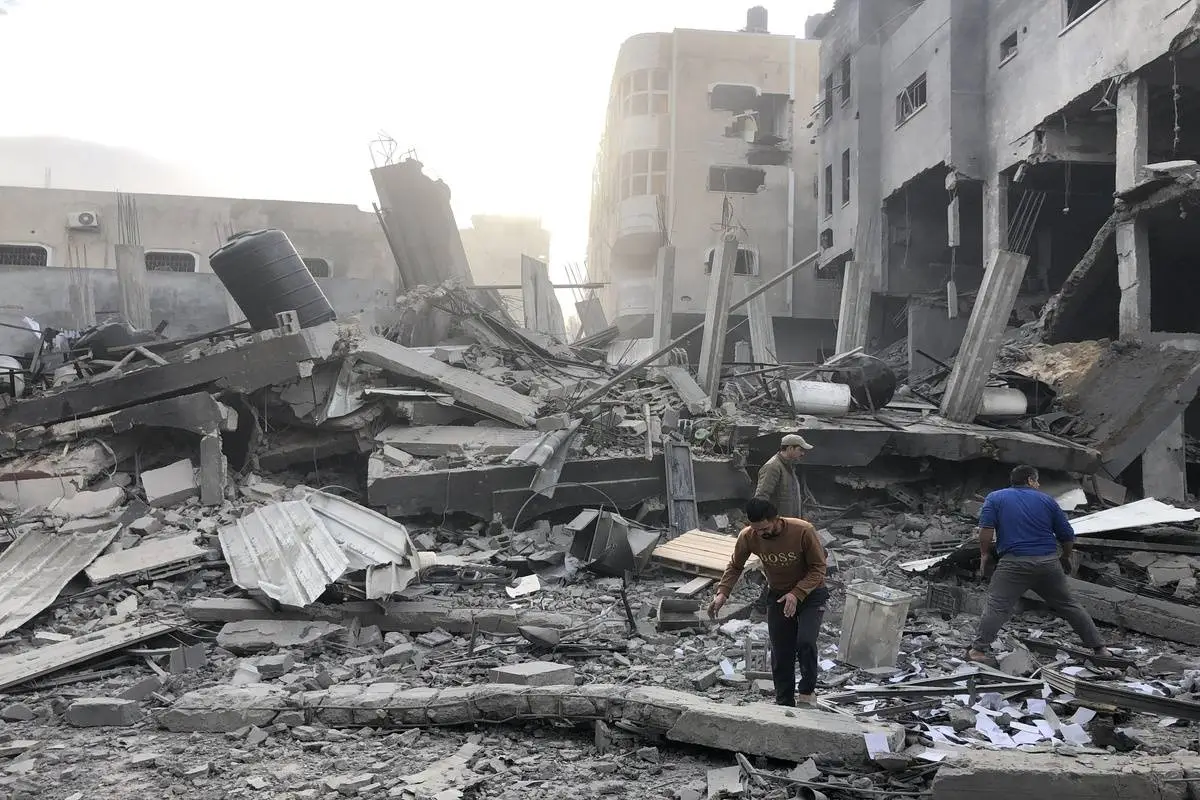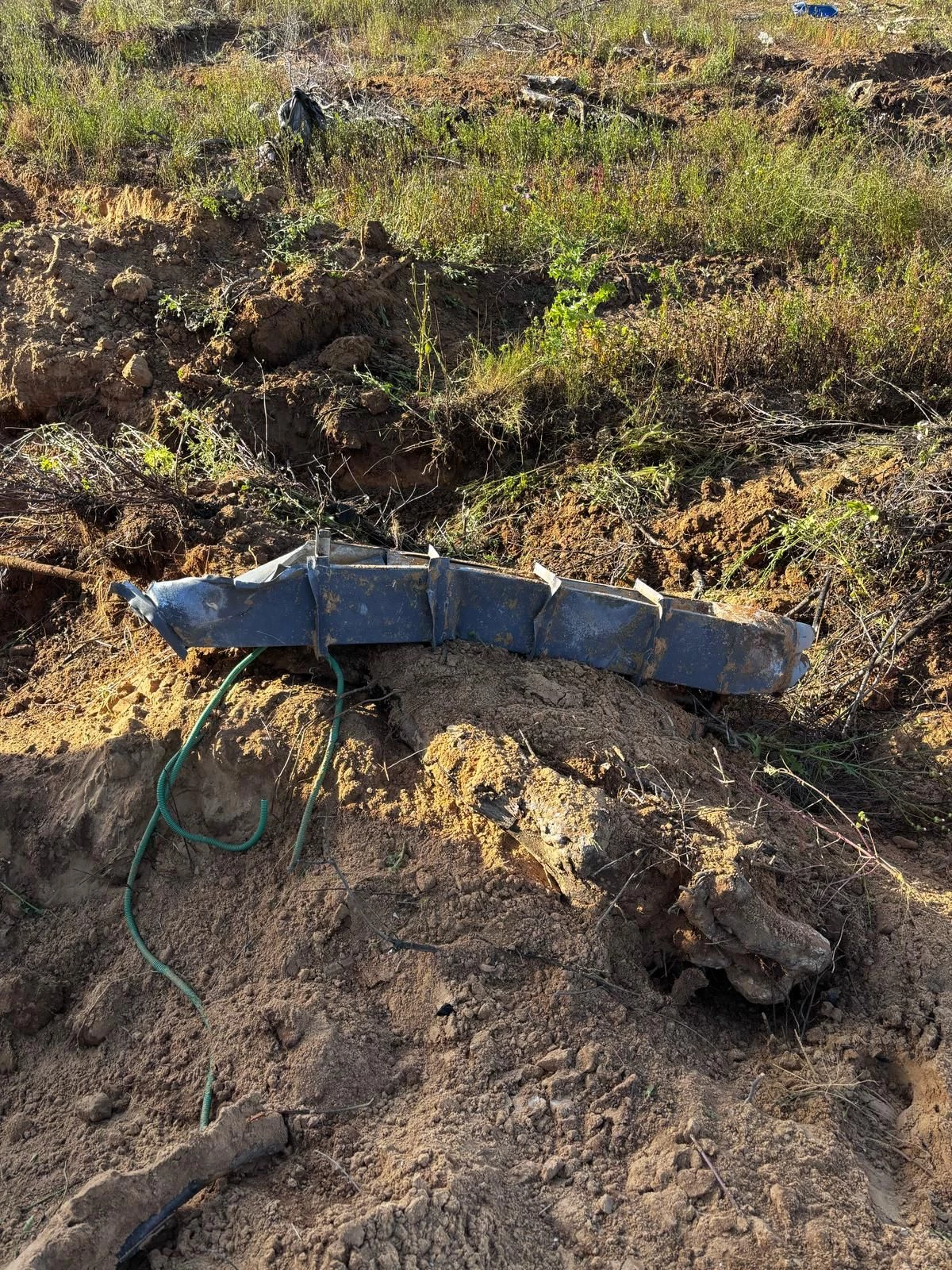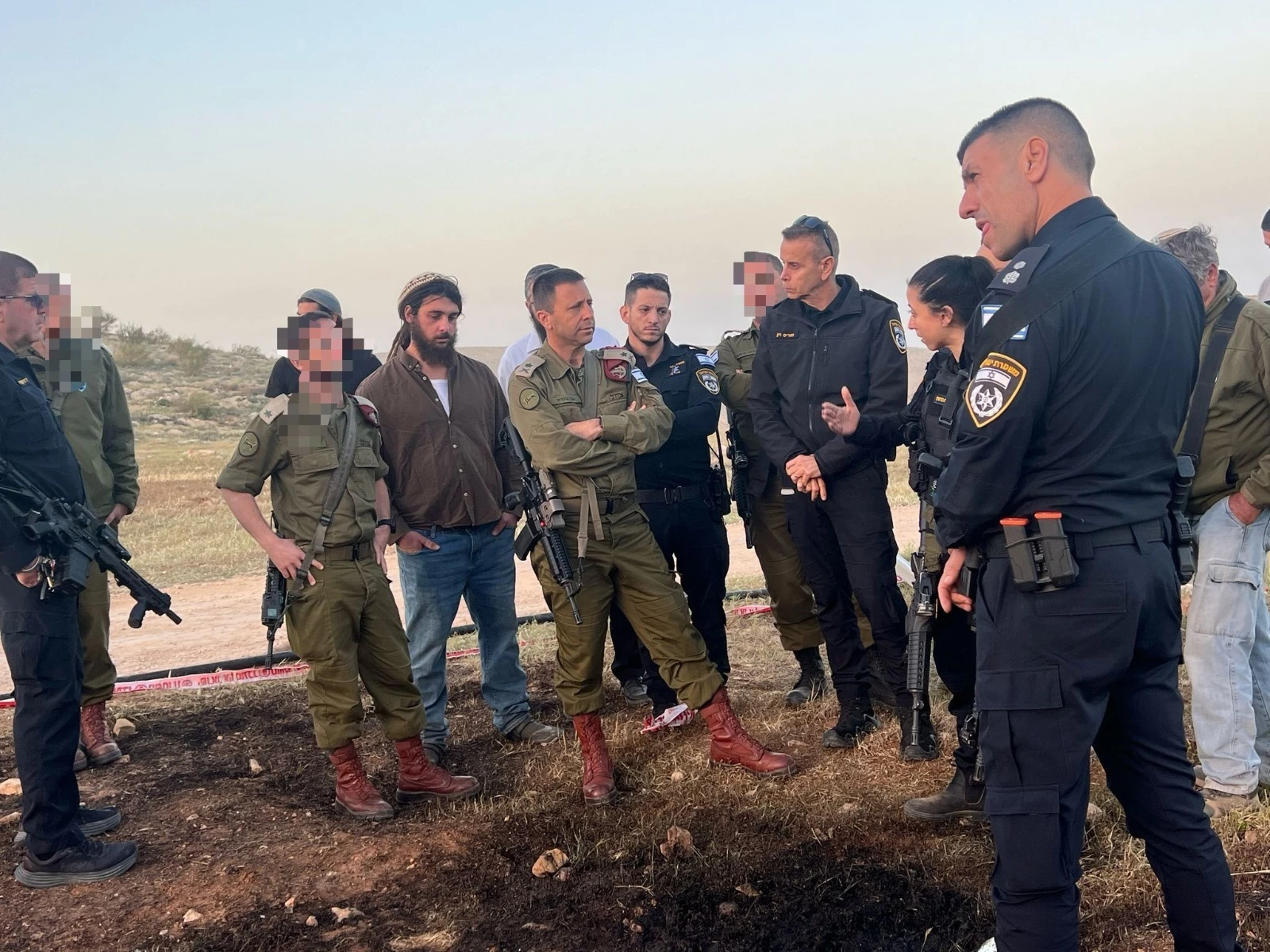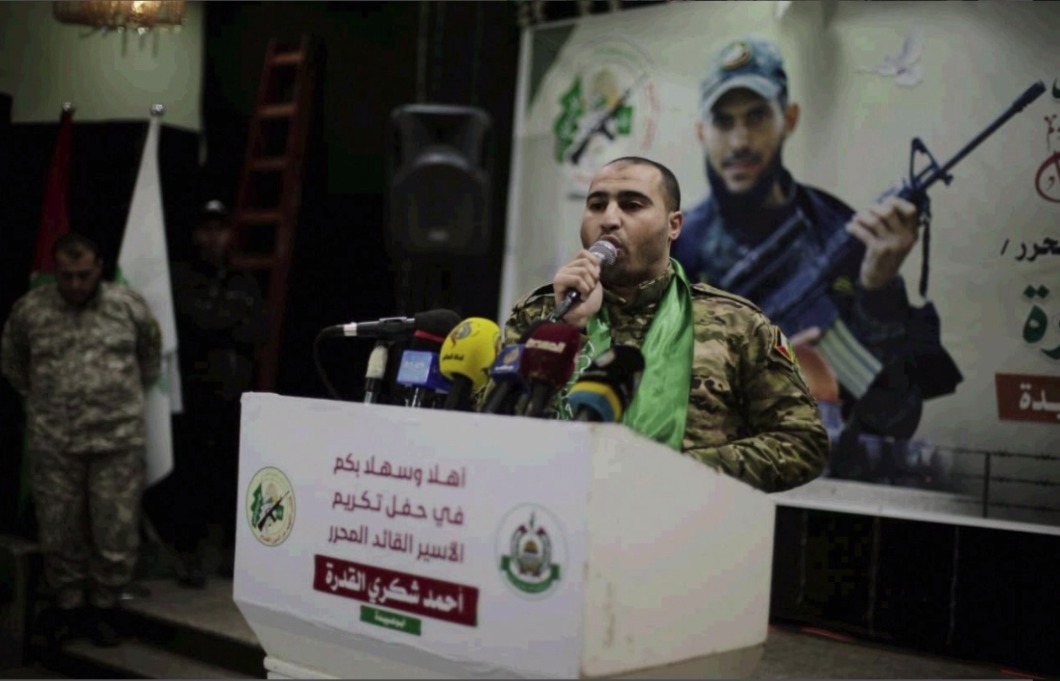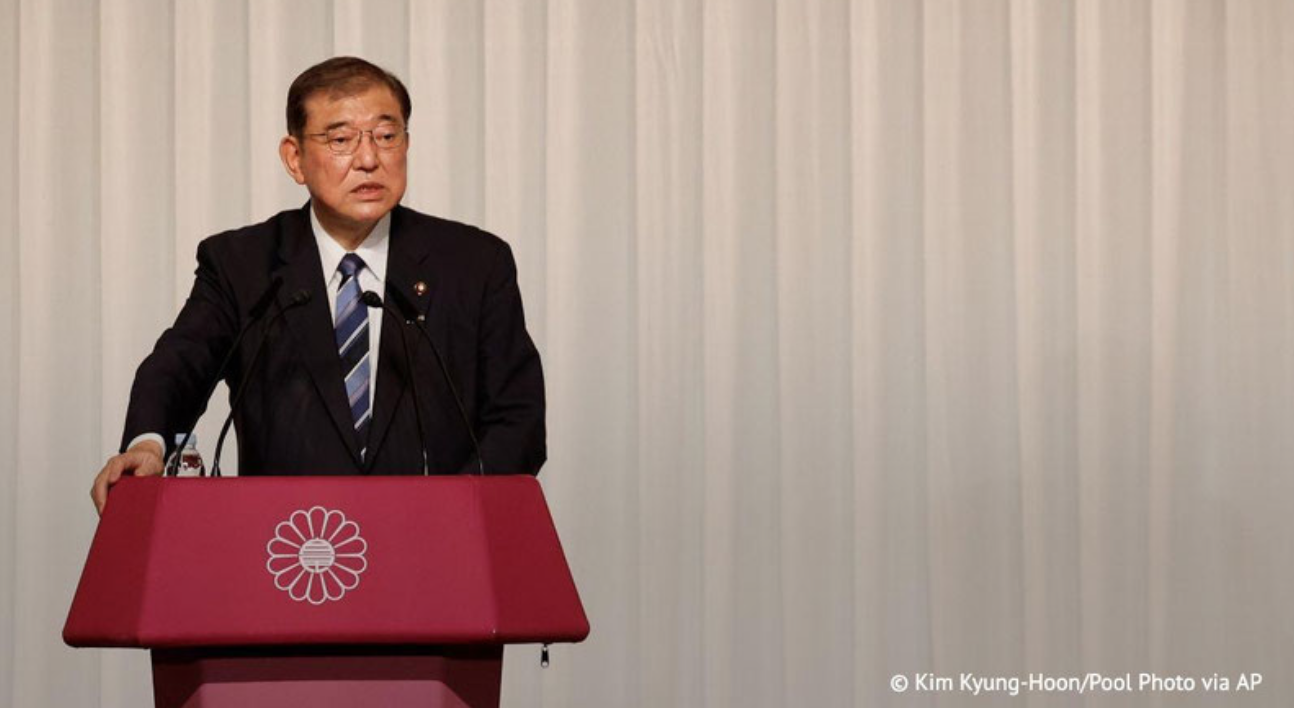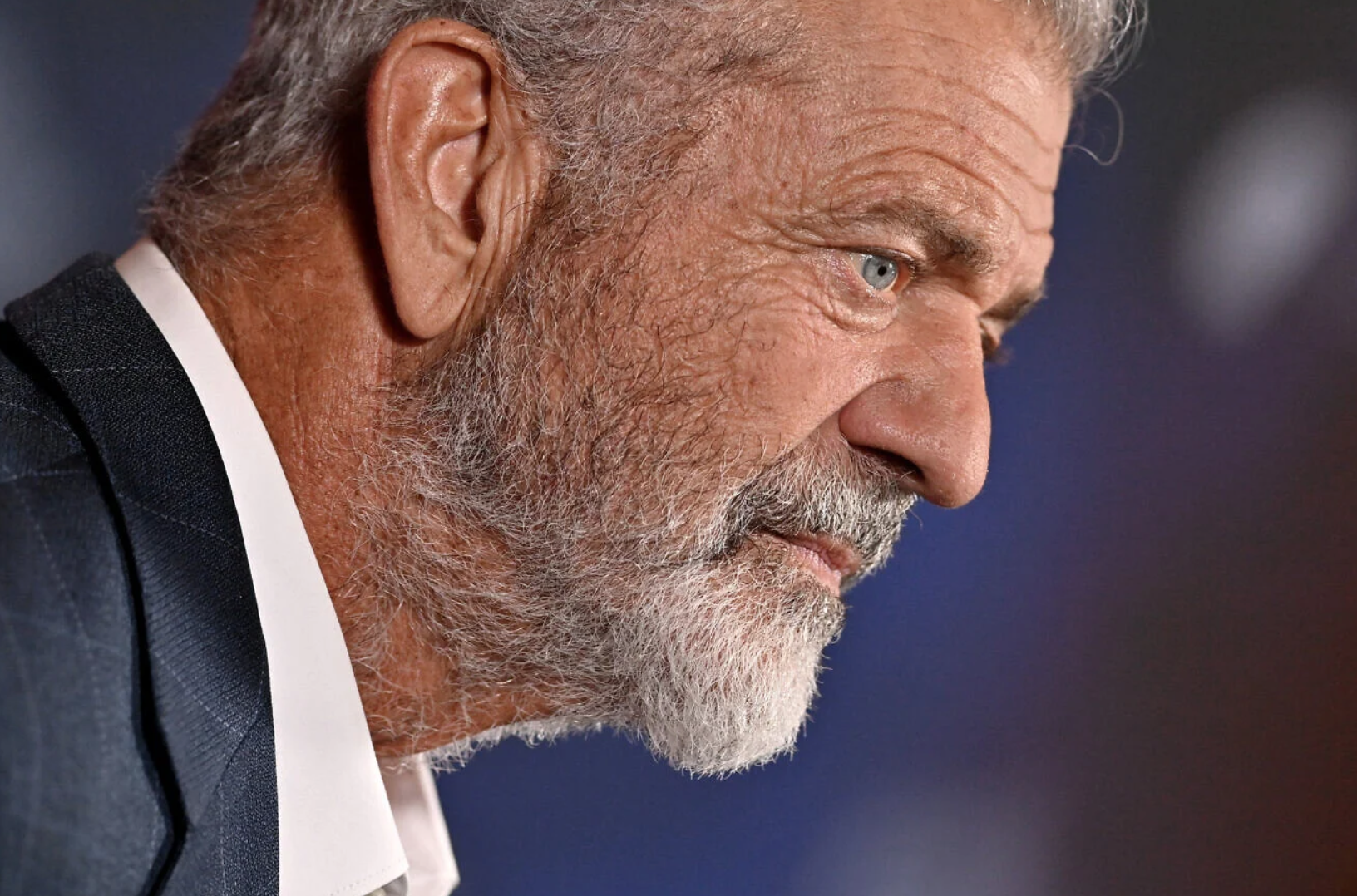Mobilisation. Photo: General Staff of the Armed Forces of Ukraine
The Ukrainian government is expanding its mobilisation efforts, organising raids in crowded places such as nightclubs, restaurants, concert halls and upmarket shops in Kyiv and Odesa. The Wall Street Journal writes that such measures indicate an increased challenge in recruiting new soldiers to support the defence.
The war has been going on for almost three years now, and the number of volunteers is decreasing, while society is experiencing tension due to the evasion of conscription by some influential people. In particular, the issue of service avoidance has become so acute that it has led to the resignation of Prosecutor General Andriy Kostin.
In eastern Ukraine, where defence forces have been depleted, the Russians are stepping up their offensive, using their numerical superiority. President Volodymyr Zelenskyy is actively seeking new military support and weapons from Western partners, but the main problem remains a lack of human resources. Most of those who were willing to serve are already at the front, and recruiting new fighters is becoming increasingly difficult.
“This is a critical problem that cannot be solved without Western support,” said Mathieu Boulegue, Senior Research Fellow at the Centre for European Policy Analysis.
The Ukrainian authorities have also raised the age limit for conscription and increased penalties for evaders, which initially led to a threefold increase in the number of recruits. However, this figure has recently dropped to 20,000 people a month.
As part of the increased mobilisation measures, law enforcement officers are checking public events, such as the concert of Okean Elzy, where the military were on duty at the exits, which caused a mixed reaction. Maksym Zhorin, deputy commander of the 3rd Air Assault Brigade of the Armed Forces of Ukraine, emphasises: “Fair mobilisation is when people are recruited not only from villages but also from cities.”
Recent reforms to the mobilisation process include expanding the scope for recruiting volunteers and extending the training period from one month to six weeks. Instructors in eastern Ukraine note that recruits often have a low morale, and the main challenge is to change their mindset.
Soldier Serhiy Gnezdilov, who drew attention to the issue of fairness of mobilisation, said: “When all citizens feel equally responsible for the country, then maybe something will change.”
Meanwhile, the demobilisation of the current military remains unlikely in the near future, as Ukraine needs fresh forces to maintain its defence capability at the front.



